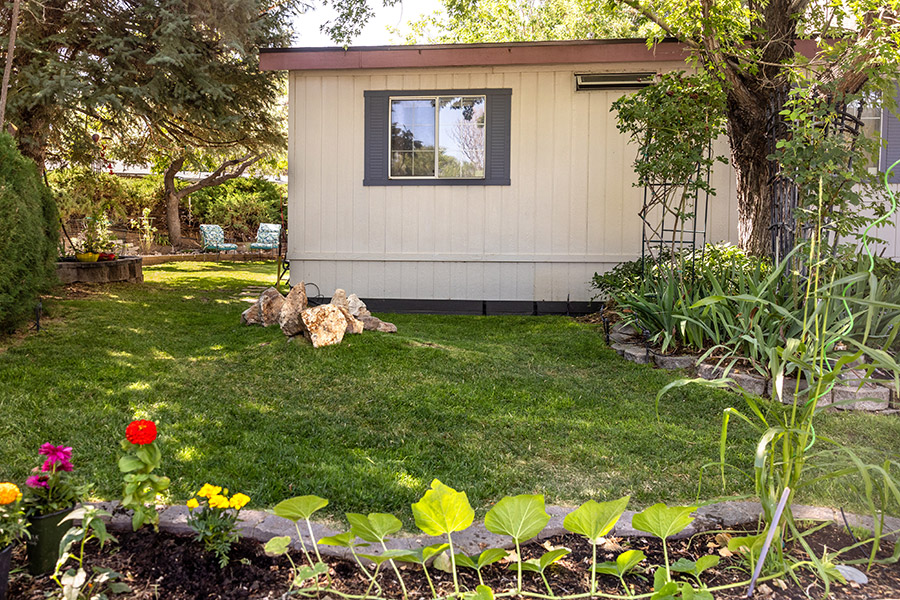Housing Minister James Browne has told the Cabinet that regulations to permit modular homes in back gardens will also slash red tape for home extensions, writes Craig Hughes.
The proposed exemptions include converting attics with roof lights, dividing existing homes, and loosening the requirements around extensions in a bid to bolster housing supply.
Energy-efficient measures such as external wall insulation and storage structures at the front of the building for bikes and bins will also be covered in the proposed exemptions that are to be sent for public consultation next month.
The plans stem from a proposal by Minister of State at the Department of Housing John Cummins, who initially sought to have detached modular buildings exempt from planning laws.
However, no mechanism for objecting to a modular development in a neighbouring property outside of the court process has been set ahead of a public consultation on the measures next month.
Tom Philips, a Dublin-based town planner, told RTÉ’s Morning Ireland that the focus needed to be on supply and not putting older people in “attics or sheds”.
“The real issue is supplying the correct number of houses for people to live in the first place, not to be putting elderly people in attics or garden sheds,” he said.
Mr Philips said that there was a need for purpose-built accommodation for older people to meet their needs.
Mr Philips said that the “bottom line” was that more houses are needed and they will not get built if people continue to object to housing developments.
“People need to stop objecting to everything,” he added.
“That to me, will be the greatest thing we could have in the planning system, is to stop this constant objection to things.
“People mightn’t want their children to live in a shed in their back garden, but object to a housing scheme being built next door to them where their children could live in proper housing,” he said.
Senior planner with the Irish Planning Institute, Seán O’Leary, said that there was a “missed opportunity” to tease out how the exemptions would work prior to it going to public consultation next month.
“There probably is a bit of a missed opportunity here in terms of how these proposals are being developed,” he told RTÉ’s News at One.
“I think these could and should have been worked up with planners working in local authorities, private practice, who’ve been dealing with the current exempted development regulations for 25 years nearly.
“I think we could have stress tested it before it went out to full consultation,” he said.
Taoiseach Micheál Martin said that the measures were “one step in terms of a broad range of steps” that are being taken in relation to housing.
“There’s a lot of positive practical outcomes from this, which would deliver quicker delivery, in terms of a range of structures, but also in terms of granny flats or modular buildings, or attics.
“And that would, in its own way, unburden the planning system,” he said.
A review of Exempted Developments, which have not been revised since being signed into law in 2001, lists several areas that require updating outside of residential.

The areas for further consideration include: school infrastructure, extensions for health facilities to increase bed capacity, in the agriculture sector, slurry storage, fishery harbour centres and agricultural schemes.
In the area of transport, railways, ports, airports and roads are mentioned, while infrastructure relating to energy, communications, water, and gas installations is also mentioned.









